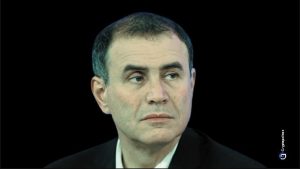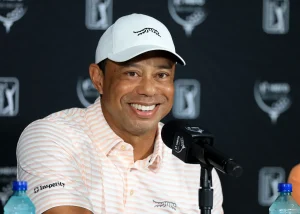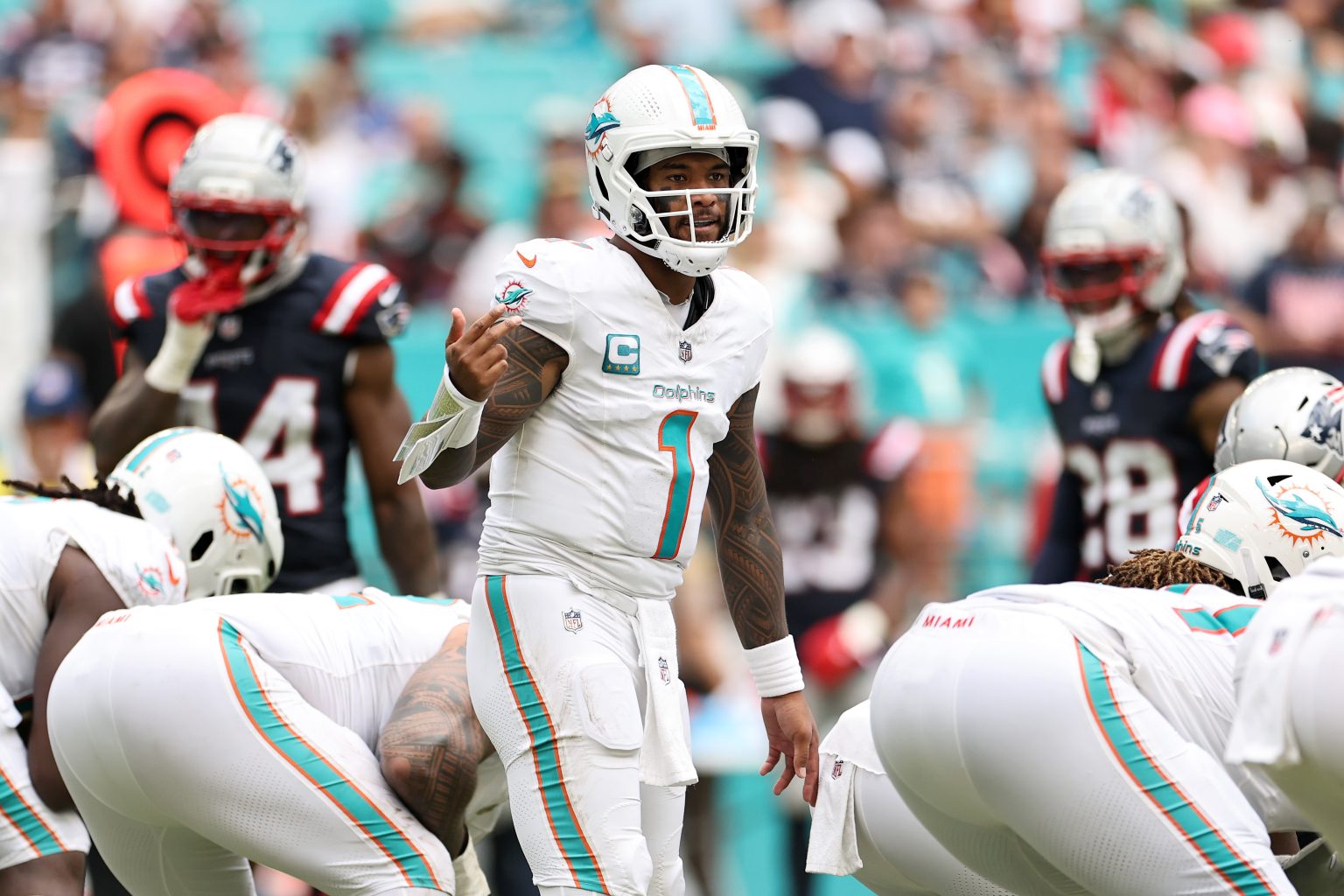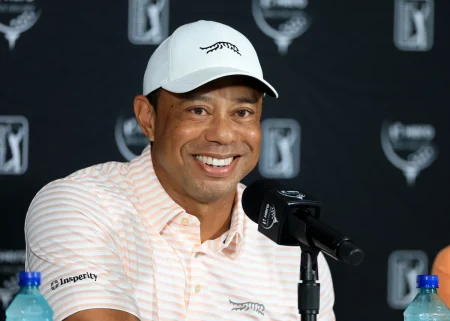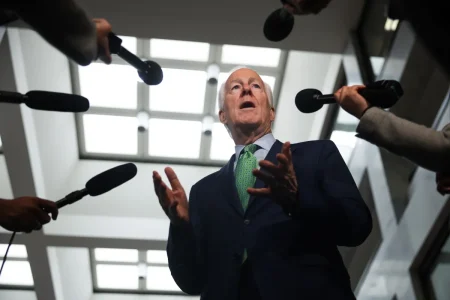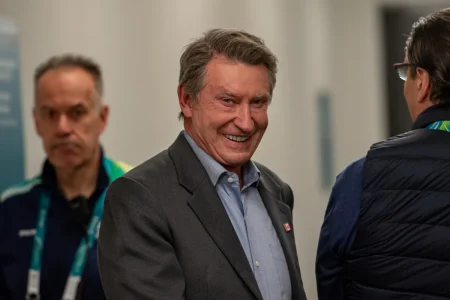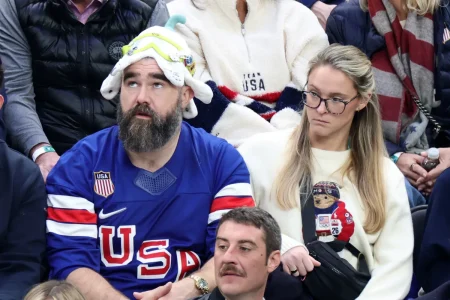Dolphins’ Frustrations Grow as Tua Tagovailoa Calls Out Coaching Staff for On-Field Chaos
A Team in Disarray: Fundamental Issues Plague Miami’s 2025 Season
The Miami Dolphins have emerged as one of the NFL’s most puzzling disappointments in the early stages of the 2025 season. Beyond their win-loss record, the team is grappling with fundamental operational issues that would be concerning even for a preseason matchup. The problems have become so apparent that they’ve sparked public criticism from franchise quarterback Tua Tagovailoa following their recent defeat to the New England Patriots at Hard Rock Stadium. During offensive possessions, the Dolphins have repeatedly struggled with basic team functions—personnel groups entering and exiting the field incorrectly, confusion about play calls, and communication breakdowns in the huddle. These elementary mistakes have undermined Miami’s offensive rhythm and efficiency, leading to visible frustration from players and mounting pressure on the coaching staff.
In his post-game comments to Associated Press reporter Alanis Thames, Tagovailoa didn’t mince words about the team’s operational shortcomings: “That was really frustrating. It was frustrating with the communication, with the guys inside the huddle and then what the personnel is, then the play for those guys. Do we have too many guys in, why do we have another guy running in? Just the whole operation of that was not up to standard, was not up to par and I’ve got to do a better job with our guys in that sense.” While the quarterback included himself in areas needing improvement, most observers would agree the issues extend far beyond his control. The fundamental breakdowns in substitution patterns, personnel groupings, and play-calling efficiency point to deeper organizational issues that fall squarely on the coaching staff’s shoulders.
The sight of Miami’s offense repeatedly scrambling to get the right players on the field—sometimes having too many, other times too few—has become an unwelcome hallmark of their early season performances. These aren’t complex strategic failures but rather basic execution errors that professional teams typically master during training camp. When players are uncertain about which personnel package is being deployed or when substitutions occur haphazardly with individuals sprinting onto the field at the last second, it creates a cascade of problems: wasted timeouts, delay of game penalties, rushed play calls, and ultimately, a quarterback and offense operating at a disadvantage before the ball is even snapped. For a team with Miami’s talent level and expectations, these self-inflicted wounds have been particularly deflating for both players and fans.
While Tagovailoa diplomatically included himself in the areas needing improvement, the reality is that these organizational failures largely fall outside his jurisdiction. The quarterback can certainly help with communication in the huddle, but he cannot simultaneously manage substitution patterns, ensure everyone knows the correct personnel grouping, or prevent late arrivals onto the field. These responsibilities rest primarily with head coach Mike McDaniel and his offensive staff. The coaching team is tasked with creating clear systems for player rotations, ensuring everyone understands their role in each package, and maintaining sideline discipline during the chaos of game situations. When these systems break down as consistently as they have for Miami, it reflects a concerning lack of attention to detail and organizational discipline from the top down.
The frustration expressed by Tagovailoa carries particular weight given his position as the franchise quarterback and his typically measured public comments. When a team leader of his stature openly criticizes operational aspects of the team, it signals that internal discussions have likely failed to resolve these issues. His comments reflect the mounting frustration of a talented offensive unit being undermined by preventable mistakes and poor game management. For McDaniel, these criticisms represent a significant challenge to his leadership and organizational capabilities. While innovative play design and offensive creativity have been hallmarks of his coaching resume, the fundamental aspects of game management appear to be failing under his watch. If these problems persist, they threaten to undermine not just the current season but potentially McDaniel’s tenure with the organization.
As the Dolphins move forward in their 2025 campaign, addressing these operational shortcomings must become their immediate priority. The talent on Miami’s roster suggests they should be contending in the AFC, but no amount of individual ability can overcome systematic organizational dysfunction. McDaniel must establish clearer communication protocols, tighten up substitution procedures, and ensure every player understands their role in each personnel package. For Tagovailoa and the offense to realize their potential, they need a foundation of basic competence from the coaching staff. Should these fundamental issues continue, more significant changes may be on the horizon for a franchise that entered the season with championship aspirations but now finds itself struggling with the most basic elements of professional football operations. The coming weeks will reveal whether McDaniel can right the ship or if more dramatic organizational changes become necessary.
